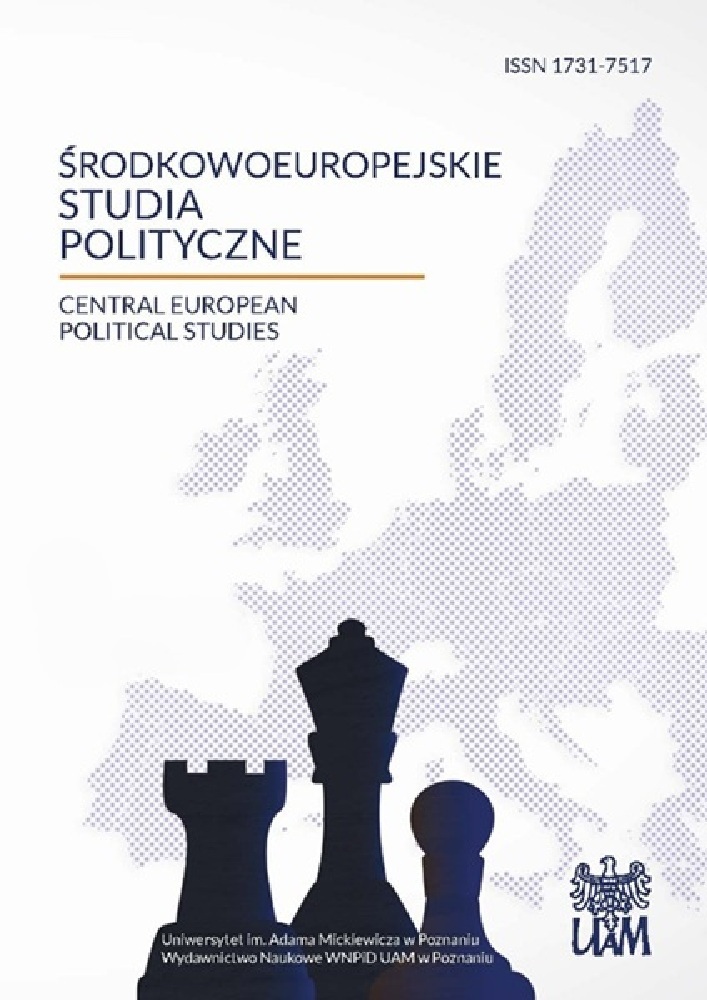Abstrakt
In the opinion of the author, the current dimension of politicization depends on how efficient political activity is. It constitutes the realm of the increasingly professional activity intended to match the current, increasingly limited politicization. At the same time, the assessment of what we are presented with in an everyday agenda both restricts the discourse to the quantitative evaluation of politicians’ activities and limits the level of political participation of citizens. Our turbulent civilization forces us to plan more and more precisely, but at the same time it reduces the temporal perspective of political activity. The author attempts to answer the question of whether the state is becoming a ‘factory’ managed by the elites that are no longer politicized. In his opinion, the answer to this question should be: no, it isn’t.
Bibliografia
Beyme K. von [2007], Współczesne teorie polityczne, z niem. tłum. J. Łoziński, Wydawnictwo Naukowe SCHOLAR, Warszawa.
Olbromski C. J., Teoretyczne i praktyczne ograniczenia implementacji zasad demokratycznych modelu deliberatywnego w Europie Środkowej na przełomie XX i XXI w. – uwagi in statu nascendi, „Środkowoeuropejskie Studia Polityczne” 2009, nr 1–2, s. 37–50.
Schmitt C. [2000], Teologia polityczna i inne pisma, z niem. przeł. M. A. Cichocki, Społeczny Instytut Wydawniczy ZNAK, Kraków.
Schopenhauer A.,O myśleniu z siebie samego, z niem. przeł. G. Sowiński, „Logos i Ethos” 1992, nr 2, s. 137–144.
Strauss L. [1998], Sokratejskie pytania, z ang. przeł. P. Maciejko, Fundacja Aletheia, Warszawa.
Weber M. [1985], Sens „wolnej od wartościowań” socjologii i ekonomii, z niem. tłum. E. Nowakowska-Sołtan, w: Problemy socjologii wiedzy, s. 101–148, Wydawnictwo Naukowe PWN, Warszawa.
Licencja
Copyright
© 2011, Uniwersytet im. Adama Mickiewicza w Poznaniu, Wydawnictwo Naukowe Instytutu Nauk Politycznych i Dziennikarstwa
OPEN ACCESS
